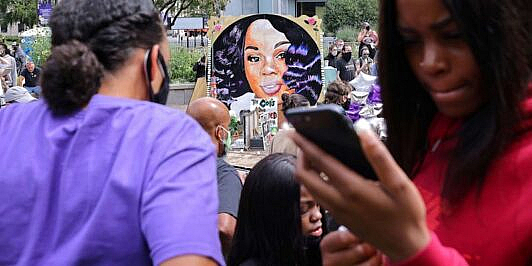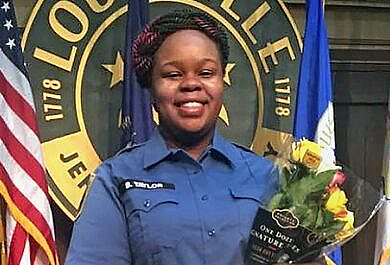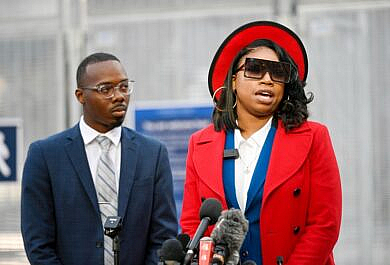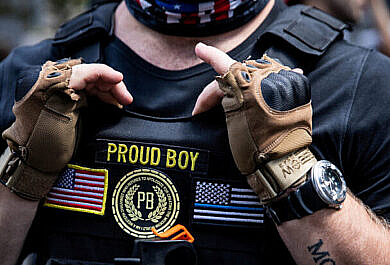Breonna Taylor’s killers will not be indicted for murder. What happened?
Summary
Yesterday a Grand Jury indicted one of the three police officers involved in the death of Breonna Taylor on 3 counts of first-degree wanton endangerment for reckless discharge of his weapon. None of the officers were indicted on murder charges, and the other 2 officers received no indictments. Breonna Taylor was shot dead in her home by Louisville police during a botched raid on March 13, 2020; the Louisville Police Department settled a wrongful death suit with a payout of $12 million to her family last week.
- Brett Hankison, the former Louisville police officer who was indicted, was fired by the Louisville Police Department shortly after the incident. Local coverage reports that Hankison had a “troubled history” with the department before he was fired.
- Jurors made the ruling based on evidence that several of 10 the bullets fired by Hankison entered a neighboring apartment, where a pregnant woman and her family were inside.
- Hankison was booked into the Shelby County Detention Center following the indictment yesterday, but released shortly thereafter after posting $15,000 bail.
- In a statement yesterday, Kentucky Attorney General Daniel Cameron said that he was satisfied with his team’s handling of the incident and did not expect further criminal charges to arise.
- Ben Crump, the attorney who represents Breonna Taylor’s family, called the ruling outrageous and offensive.
- Protesters have gathered in downtown Louisville to protest Taylor’s murder for 119 consecutive days since her death; yesterday immediately after the announcement the protests escalated quickly as activists expressed outrage over the light charges.
- Activists called the charges a “slap in the face,” and pressed for more accountability for police officers.
- The Louisville protests became violent yesterday after police fired flash-bangs to disperse the crowd and gunfire erupted. Two officers were shot and wounded, and one suspect was arrested.
- Outside of Louisville, activists and celebrities have expressed disgust over the ruling as protests continue across the country.
![]()
- Condemns the ruling, arguing that indictment “doesn’t even begin to bring justice” for what happened to Breonna Taylor.
- Sees the Grand Jury’s decision as a predictable symptom of a much deeper systemic issue that may be beyond reform.
- Reports that America’s justice system is broken and accountability does not exist for police who commit violent acts.
- Is critical of Attorney General Daniel Cameron for not doing more to push for justice, insinuating that he is a traitor to his race.
- Downplays the shooting of police officers in Louisville as an unsurprising consequence of injustice, and is generally sympathetic to protesters.
![]()
- Focuses reporting on the protests themselves rather than the events that led to them, and calls them riots.
- Portrays protesters as provocative and reports on incidents of premeditated violence.
- Is sympathetic to AG Daniel Cameron, calling the criticism unjust, unfair, and racially motivated.
- Frames the police as victims of unfair bias and highlights stories of protesters provoking or targeting police.
- Generally places faith in the justice system, and provides more detailed background as to why police had a warrant to search her house in the first place.
© Evelyn Torsher, 2020






